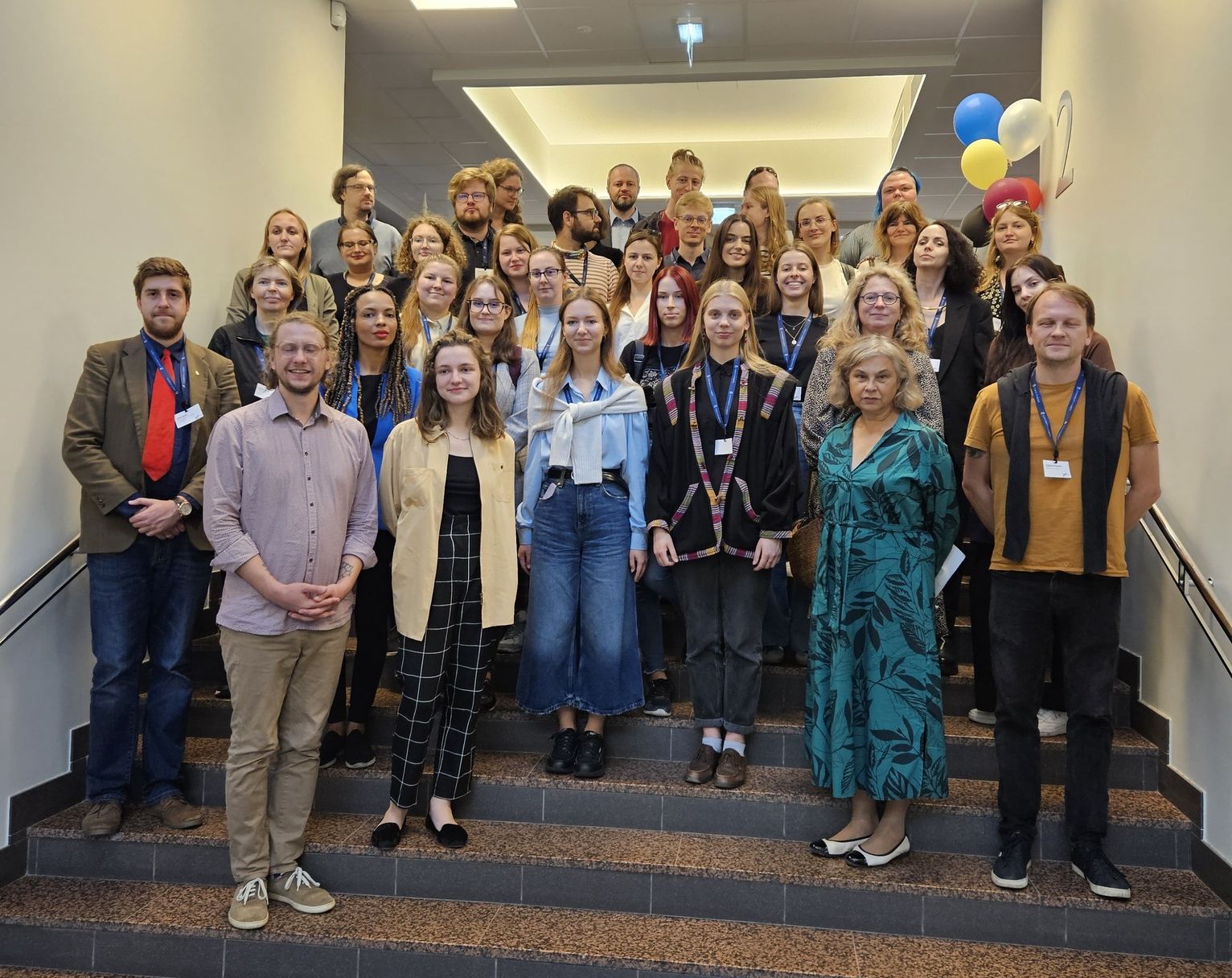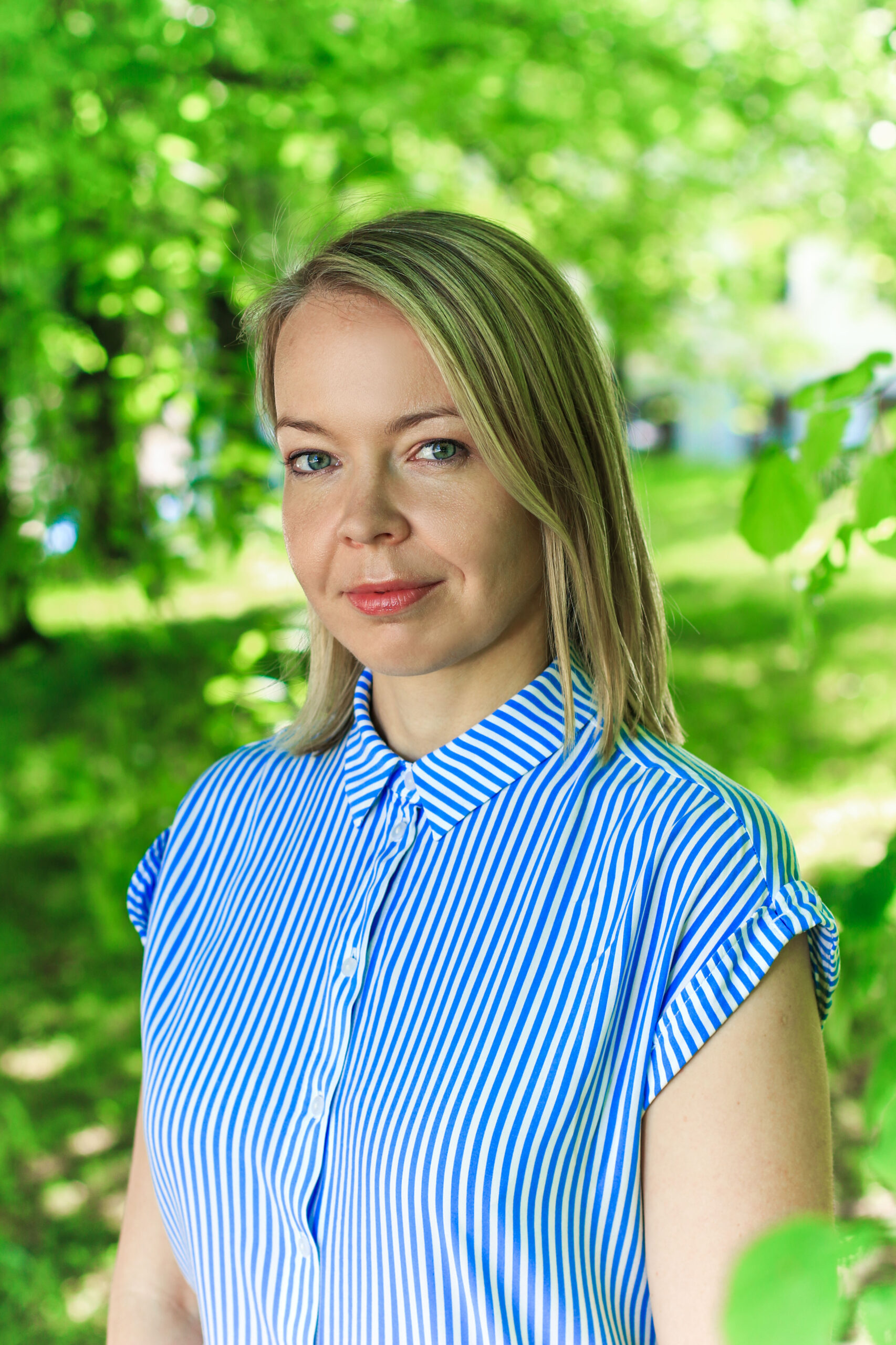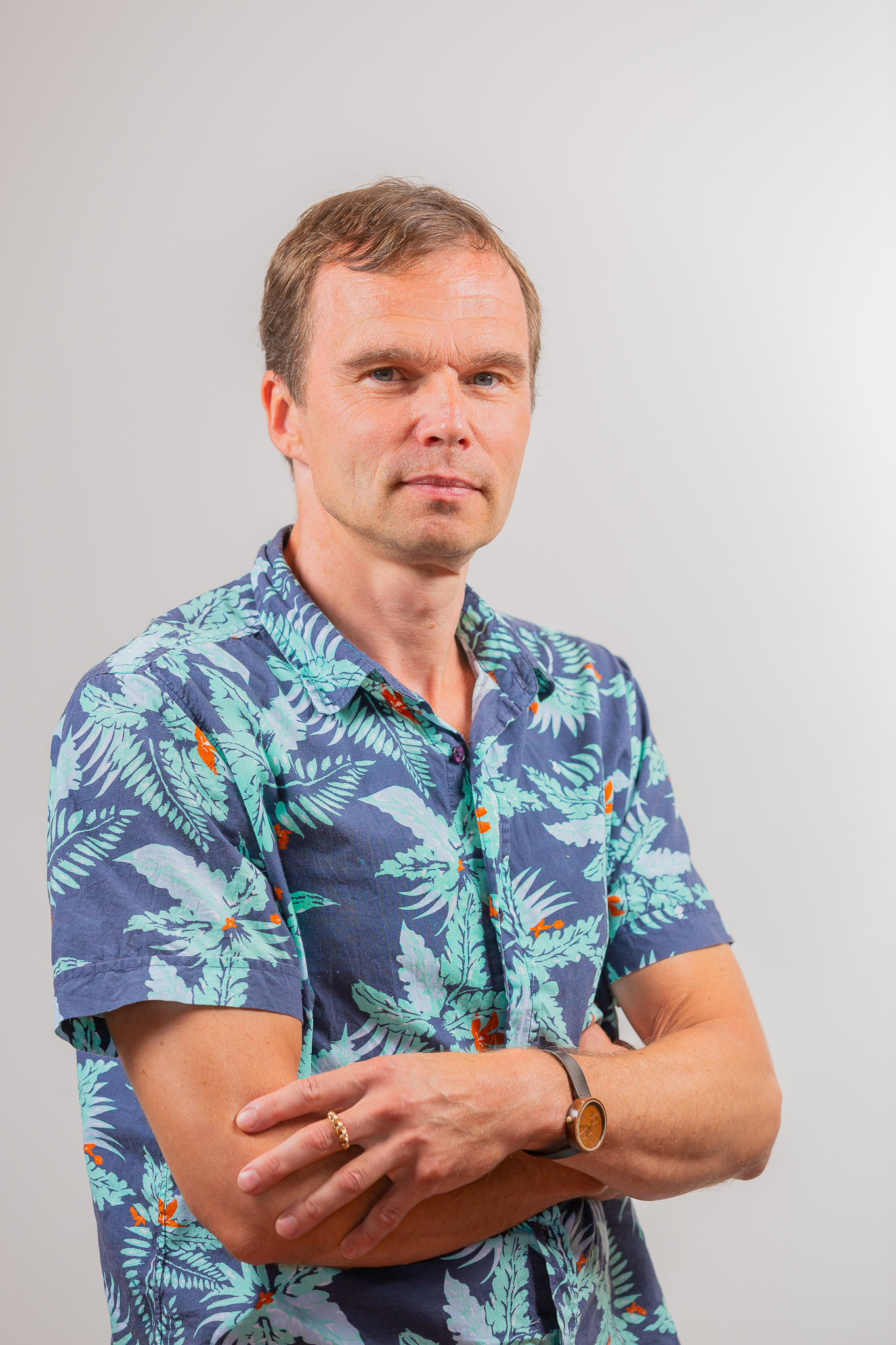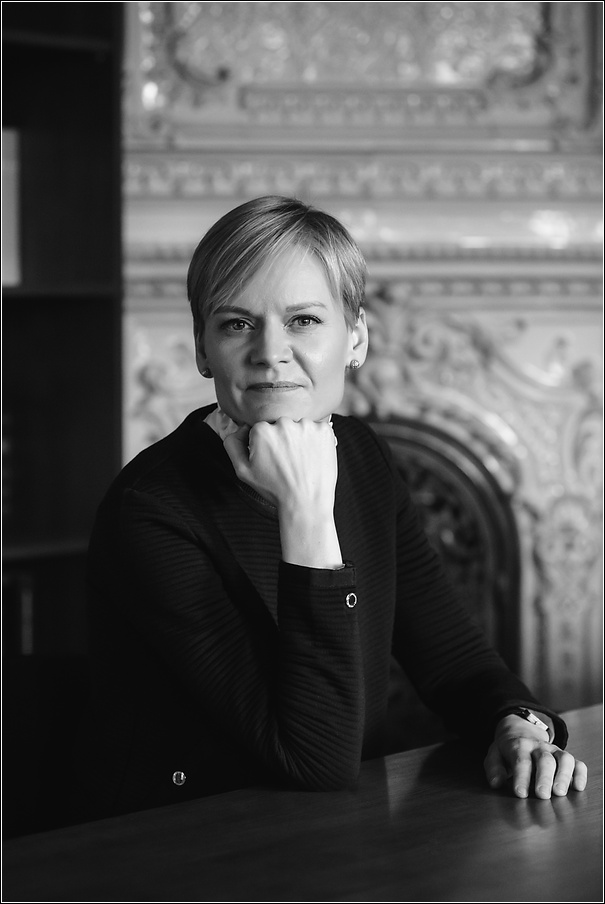BALTIC STUDENT CONFERENCE BRIDGES IN THE BALTICS
Tartu 2023
Bridges in the Baltics celebrated it´s 10th anniversary!
University of Tartu Institute of Foreign Languages and Cultures held the 10th Baltic Student Conference “Bridges in the Baltics” on 22–23 September 2023 in Tartu. The conference hosted 44 students from 7 countries. In addition to student presentations, 3 plenary lectures were held by guest speakers. 
The aim of the conference is to bring together students whose studies and research focus on the languages or culture of the three Baltic States, to give them the possibility to meet their peers from other countries and universities, to present their academic work and interests, learn from each other and make new contacts.
- PROGRAMME (updated September 19, 2023)
- PARALLEL SESSIONS (updated September 19, 2023)
- ABSTRACTS (updated September 19, 2023)
- STATISTICS OF THE 10 CONFERENCES
Plenary speakers
 Miina Norvik is a lecturer in the Finnic languages at the University of Tartu. Her research mainly focuses on the morphosyntax of the minor Finnic languages and their contact languages. Since 2008, she has made several fieldwork trips to the Finnic-speaking areas in Russia. In the past years, she has been in charge of building the Uralic typological database UraTyp. Miina Norvik is also a coordinator of the Collegium for Transdisciplinary Studies in Archaeology, Genetics and Linguistics at the University of Tartu.
Miina Norvik is a lecturer in the Finnic languages at the University of Tartu. Her research mainly focuses on the morphosyntax of the minor Finnic languages and their contact languages. Since 2008, she has made several fieldwork trips to the Finnic-speaking areas in Russia. In the past years, she has been in charge of building the Uralic typological database UraTyp. Miina Norvik is also a coordinator of the Collegium for Transdisciplinary Studies in Archaeology, Genetics and Linguistics at the University of Tartu.
Conference abstract:
At the crossroads of Finnic and Baltic
In my talk, I will zoom in into the area that could be called the Central Baltic area. This is a meeting point of the Finnic, Baltic, and also Slavic languages. On the example of various (morpho)syntactic features (e.g., comparative constructions, formation of polar questions) I will discuss patterns of micro-areal variation and change. I will demonstrate that the presence of a multitude of distribution patterns mirrors multifaceted contact situations in the area as well as language-internal developments and conscious language planning.
Gatis Krūmiņš is the leading researcher, member of the board at the Vidzeme University of Applied Sciences (Latvia).

From 2013 to 2022, Gatis Krūmiņš was the rector of Vidzeme University of Applied Sciences. Compiler, co-author and scientific editor of several collective monographs: How not to get lost in the future? (2021), Founders and Restorers of the Republic of Latvia (2020), History of the Latvian National Economy (2017), The Power of Nine Men (2016). Research interests: economic history and strategic communications. Currently leads the project “Quantitative data about societal and economic transformations in the regions of the three Baltic states during the last hundred years for the analysis of historical transformations and the overcoming of future challenges” (EEA-RESEARCH-174).
Conference abstract:
The impact of the geopolitical and economic turbulence in the development of the countries of the Baltic Sea region from the beginning of the 20th century to the present
From a global perspective, the Baltic Sea region is relatively small. However, the development of different countries of this region has been different since the beginning of the 20th century. Global geopolitical trends and events have a major impact on this difference. This presentation will outline the differences in development trends between the three Baltic States (Latvia, Lithuania and Estonia) and the Scandinavian countries, paying attention to such areas as demography, economy and culture.
 Viktorija Šeina is a senior research fellow at the Institute of Lithuanian Literature and Folklore (Vilnius). She has published or edited several monographs and collections of papers, mainly on the subject of Lithuanian literary canon. Her main research interests include modern Lithuanian literature, literary canon, and literary education.
Viktorija Šeina is a senior research fellow at the Institute of Lithuanian Literature and Folklore (Vilnius). She has published or edited several monographs and collections of papers, mainly on the subject of Lithuanian literary canon. Her main research interests include modern Lithuanian literature, literary canon, and literary education.
Conference abstract:
Investigating the High-School Literary Canon
In my paper I will present an ongoing research project that we run together with my colleague dr. Aistė Kučinskienė. In this research, we analyze the formation of the Lithuanian high-school canon from the beginning of the 20th century to this day. My paper comprises two sections. In the first one I will present the methodology of research on the literary canon. In the second part of my paper, I will discuss the results of our research as well as the impact of the high-school canon on the whole society. This impact can be traced in heated discussions about the legacy of soviet writers that we face nowadays in Lithuania.
PRACTICAL INFORMATION
-
Conference Venue. The conference takes place at the Institute of Foreign Languages and Cultures of the University of Tartu (Lossi 3, Tartu)
-
How to get to Tartu? Getting to Tartu from Tallinn by bus. Getting to Tartu from Tallinn by train.
-
When in Tartu: getting from the train station to the conference venue or getting from the bus station to the conference venue
-
Information about Tartu is found HERE
-
Internet connection. There is wireless internet connection in all of the university buildings (domain: ut-public) and also most of the cafes and hotels have wireless internet connection (look for the sign WIFI on the door): www.wifi.ee/
-
Shopping. Shops are usually open from 9.00/10.00 am – 9.00/10.00 pm. The best shopping facilities in Tartu can be found in the city center (Tartu Kaubamaja, Tasku, Kvartal).
Contact: balticbridges2023@gmail.com
Homepage: https://sisu.ut.ee/balticbridge
Facebook: https://www.facebook.com/balticbridge/
Instagram: www.instagram.com/unitartulatvistika/
#bridgesinthebaltics


